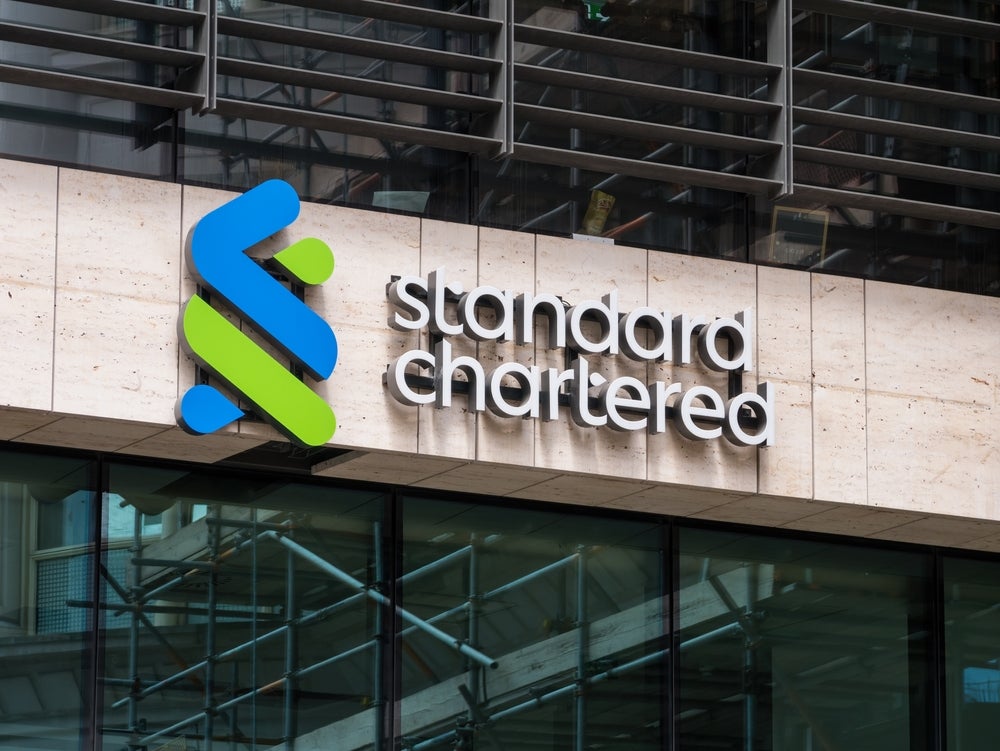failing to detect alleged drug-related money transactions laundered
through a subsidiary over several years. This is believed to be the
biggest money-laundering fine yet levied against a US bank.
International (AEBI), entered into a deferred prosecution agreement
with the US Department of Justice to resolve a charge that it
failed to maintain an effective anti money-laundering
programme.
Miami-based AEBI and American Express Travel Related Services of
Salt Lake City were accused of violating the Bank Secrecy Act. Both
entities – without admitting any wrongdoing – consented to the
penalties assessed by the Federal Reserve and the Department of
Treasury’s Financial Crimes Enforcement Network, known as
FinCEN.
The AEBI’s anti-money laundering programme had “serious and
systemic deficiencies”, the Federal Reserve said in a cease and
desist order, citing findings from a Department of Justice
investigation.
The Fed and FinCEN said their orders were part of a co-ordinated
action with the Department of Justice.
The department reported specific instances of suspicious or illicit
activity in drug-related money-laundering transactions, transferred
through black market peso exchange wire transfers that were part of
an undercover law-enforcement operation, according to the Fed’s
order. As much as $55 million in drug proceeds were allegedly
channelled through these transfers.
Federal investigators found numerous private banking accounts that
were controlled by apparently legitimate South American businesses,
but held in the name of offshore shell companies, and used to
process “parallel currency exchange market transactions”, the
department said. Such markets were “saturated with drug proceeds”,
it said, representing a high risk for financial
institutions.
How well do you really know your competitors?
Access the most comprehensive Company Profiles on the market, powered by GlobalData. Save hours of research. Gain competitive edge.

Thank you!
Your download email will arrive shortly
Not ready to buy yet? Download a free sample
We are confident about the unique quality of our Company Profiles. However, we want you to make the most beneficial decision for your business, so we offer a free sample that you can download by submitting the below form
By GlobalDataAmex’s transaction monitoring system and internal controls were
“inadequate to detect, identify, and report money laundering
activity”, the Fed said in a statement, referring to findings from
an investigation of transactions from December 1999 through to
April 2004.
AEBI, which offers traditional private banking services to wealthy
customers in Latin America, acknowledged the lapses, federal
government regulators said.
In a statement, American Express said: “We have co-operated fully
with the government and understand the need for absolute vigilance
in our efforts to protect against money laundering. We have already
made substantial efforts to augment and strengthen our compliance
programmes and will continue to do so.”
Amex’s action allows the Department of Justice to dismiss the
charge for 12 months as long as the bank fully implements a
significant anti-laundering programme. The bank will be required to
hire an independent consultant to conduct a full review of its anti
money-laundering programme, according to the Fed. It might also
require the addition of staff and the provision of more
training.
Amex to divest private banking?
Industry reports have recently suggested that Amex is preparing to
divest itself of its private banking interests, but a company
spokesman said that it never comments on market
“speculation”.
Citigroup, Wachovia, GE Capital and Standard Chartered, which is
just launching its own private bank, are among those said to be
displaying preliminary interest. Amex’s wealth operations are
estimated to have total assets under management of about $26
billion.
If the company’s retreat from private banking is formally
confirmed, it will represent one of the most high-profile US exits
from the global wealth business since the demise in 2004 of Riggs
National Bank of Washington, DC, after major violations of US
anti-money laundering laws.








